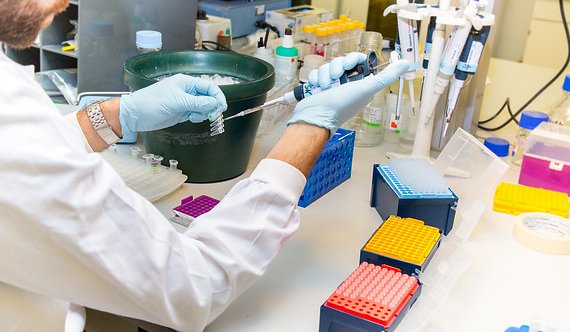Short Bowel Syndrome (SBS) is a condition that occurs when part or the entire small intestine is missing or has been removed during surgery. This condition renders the bowel incapable of fulfilling its nutritional function (intestinal failure). There is no cure for SBS. Parenteral (intravenous) nutrition (PN) and bowel transplantation are currently the preferred options for nutrition in children and adults who have lost their bowel. PN offers a low survival rate, compromised quality of life, and the economic cost for each patient is estimated to be 55,000 euro/year.
The overall aim of INTENS (“Intestinal Tissue ENgineering Solution”) is to deliver a functional bowel reconstruction to patients with this rare disease (SBS) through an autologous tissue engineering strategy, overcoming the shortage of organs, and avoiding the need for immunosuppression. It will be achieved by identifying the best autologous cell source; providing the ideal scaffold; engineering functional intestine for transplantation and engaging with patients, scientists and public. The work is designed to lead directly to a clinical trial for the application of the optimal protocol for tissue-engineered intestine.



